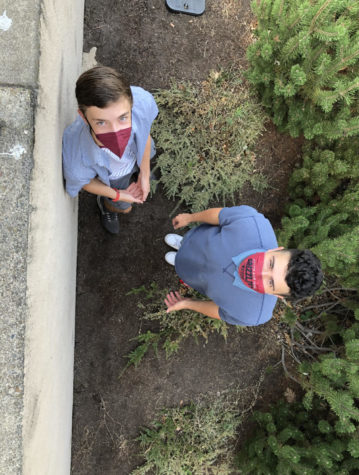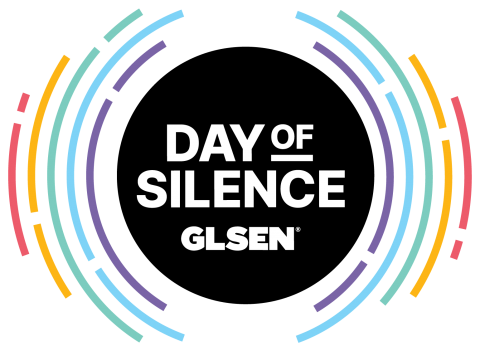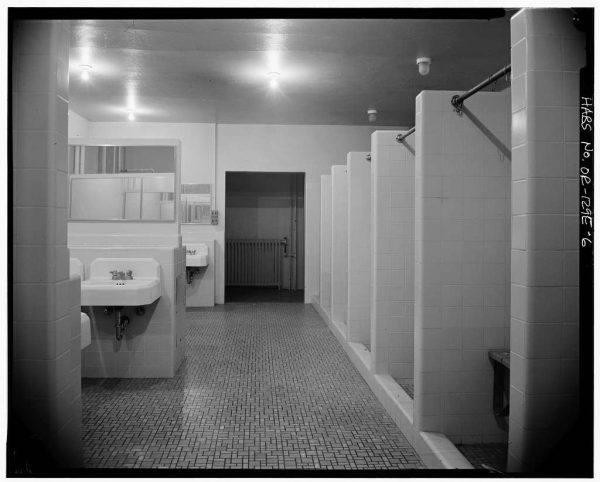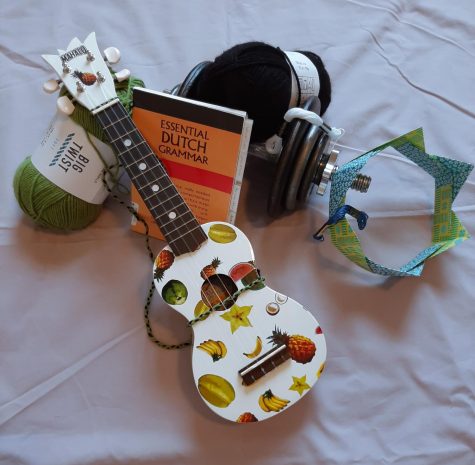The Return of the Continuation Center
AHS pushes to support struggling students
The last years of Covid and the uncertainty of the world has brought unprecedented stress on teens during these formative four years of high school. Today, teenagers struggle more than ever with mental health issues, procrastination, and a lack of motivation, along with a slew of other challenges, making tasks as simple as school, much less simple. This has led to a significant decline in enrollment at Ashland High School and a greater need for student resources and support on campus.
“We are at the lowest enrollment that we’ve ever been at I think historically.” comments Counseling and Behavioral Specialist Coordinator, Diane Berry. A combination of external stress and the reintegration back to in person school this year has been enough for many parents to unenroll their kids from AHS, bringing the student population down by about fifty or sixty students. As if that weren’t enough, many are finding the shock of being fully on campus this year to be more difficult than expected. “We have so many kids who were desperate to get back to campus and then they got back and just felt pretty miserable, because they felt really lonely.” Berry reflects. However, administration at the high school is doing their best to provide resources (in the form of student advocates, counselors, and credit retrieval opportunities) to help struggling students to regain their footing in school.
A significant portion of this support comes from Glenna Stiles, who will be stepping down as Dean of AHS to lead an alternative education plan. Beginning the second semester of this year, Stiles will be reintroducing a program known as The Continuation Center to help students either retrieve the credits they need in order to graduate, or earn their General Equivalency Diploma (GED). “We’re just wanting to re-engage this group of kids and give them a safe, comfortable place that they can be and earn credits,” comments Stiles. Through afternoon and evening classes, students will be able to receive one-on-one guidance and a sense of community in the last remaining semester of the year.
After working as the Dean of Students for over twenty years, Stiles will be greatly missed in her old department, however the school recognizes that this program is needed and will be essential in helping students to get back on track for graduation. Stiles will also be stationed in Lincoln and can still be found around campus. She concludes, “If you need a place to be that doesn’t feel as hectic, that isn’t so many people, that will get you up on that stage, come see me and talk and see if it’s appropriate for you.” The Continuation Center will be vital to students who are feeling stuck, to move forward in their education and connect with the resources they need for academic success.











